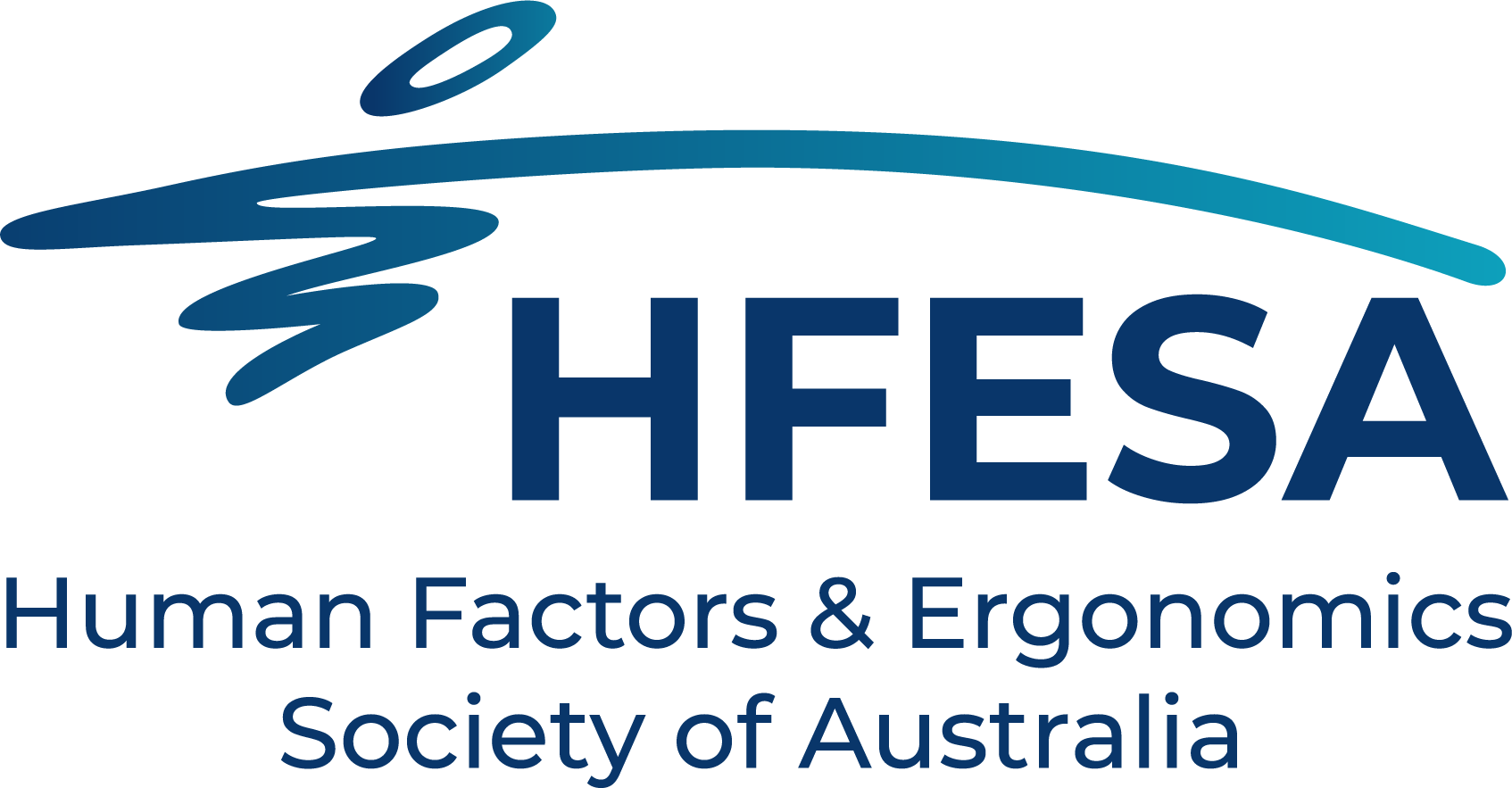Managing the health and safety legal and psychological ramifications of COVID-19: An Australian multidisciplinary perspective
Phillips P, Titterton A, & Tooma M (2020)
https://doi.org/10.14746/sr.2020.4.3.02
COVID-19 represents unprecedented challenges for the entire community. Businesses are working to safely maintain operations and a productive workforce throughout social isolation/distancing for an unknown duration. Yet uncertainty, ambiguity and radical change are breeding grounds for anxiety, stress and helplessness. Organisations need to support workers in maintaining social connections, team cohesion and productivity throughout these times. This paper explores the health and safety legal obligations that apply in this context and outline a practical framework for organisations to contribute to and reinforce a positive state of mental health during the mass remote work experiment.
Mental health and psychosocial considerations during the COVID-19 outbreak from the WHO
World Health Organisation (2020)
https://www.who.int/docs/default-source/coronaviruse/mental-health-considerations.pdf
This document provides a series of group-specific messages that can support mental and psychosocial well-being in different stakeholder groups during the outbreak. There are specific tips for: the general population, healthcare workers, team leaders or managers in health facilities, carers of children, older adults, people with underlying health conditions and their carers, and people in isolation.
HFES town hall webinar: Facing the Coronavirus (COVID-19) – Human Factors considerations
Human Factors and Ergonomics Society (2020)
https://www.hfes.org/events/webinar-series/past-webinars
This webinar covers human factors approaches to dealing with health crises in general and COVID-19 in particular. Webinar information presented by a panel of experts in PowerPoint slide with audio narration, includes Q/A and discussion between the panel members. Relevant content to COVID-19, Human Factors Considerations, begins at 5 min 0 sec. Total duration of 2 hours and 10 minutes.
10 things the pandemic has changed for good
Markowitz A (2020)
American Association of Retired Persons (AARP) is a US-based interest group whose stated mission is “to empower people to choose how they live as they age”. This article considers elements of current daily life that they believe will permanently change – such as travel, working from home, medical appointments, grocery shopping, entertainment, personal hygiene, and communication.
Why lockdown has given you brain fog and how to fix it
Carlyle R (2020)
https://apple.news/AGw-kH3MNSWaGAJ6SBNlVKQ
Many people are experiencing allostatic load – wear and tear on our bodies from living in the constant state of stress response due to coronavirus lockdown. This article discusses the issue, our physiological response and the impact that has on our behaviour and health, including why we crave sugar and find it difficult to choose healthy lifestyle options. Simple and practical solutions are offered.
World Health Organisation advice to employers
World Health Organisation (2020)
https://www.who.int/docs/default-source/coronaviruse/advice-for-workplace-clean-19-03-2020.pdf
When someone who has COVID-19 coughs or exhales they release droplets of infected fluid. Most of these droplets fall on nearby surfaces and objects, such as desks, tables or telephones. This document gives advice on 1) Simple ways to prevent the spread of COVID-19 in your workplace; 2) How to manage COVID-19 risks when organising meetings and events; 3) Things to consider when you and your employees travel; and 4) Getting your workplace ready in case COVID-19 arrives in your community.
Human Factors in the Design and Operation of Ventilators for Covid-19
Chartered Institute of Ergonomics & Human Factors (2020)
https://www.ergonomics.org.uk/common/Uploaded%20files/HF_in_Design_of_Ventilators_Final_01April.pdf
This document provides designers and manufacturers of ventilators with advice and guidance on the key themes for consideration and specific Human Factors and Ergonomic (HFE) issues in a period of ‘crisis management’ requiring rapid design and production.
